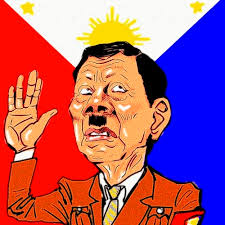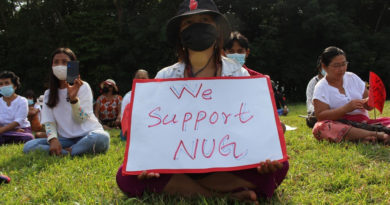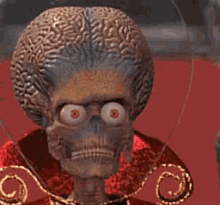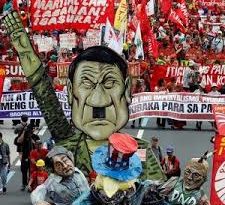OP ED COLUMN: HORIZONS- We need a strong state, not strongmen (1) By: Richard Heydarian
The state, it is me” (l’état, c’est moi), Louis XIV famously said, though it’s likely an apocryphal account—a metaphor for the megalomaniac rule of the French monarch. And here lies the fundamental defect of strongmen, for they conflate the state with their own very being.
On the surface, there seems to be nothing wrong with that. If anything, the rise of right-wing populism in recent years shows the enduring appeal of “strongmen” and the notion of “political will” as some kind of magical solution to complex problems of 21st-century globalization.
.
– SPACE RESERVE FOR YOUR ADVERTISEMENT –
.
I call this the “strongman syndrome,” a political delusion with potentially dangerous consequences that are yet to be fully apparent to all. From childhood, we have been bombarded with fantastical accounts of how a single person could supposedly change the course of history with sheer political will and unremitting determination.
To be sure, one can’t deny human agency, and there have been countless unquestionably good men and women who played a crucial role in steering the arc of history in the direction of freedom and justice. The likes of Nelson Mandela, Mahatma Gandhi, Mother Teresa, Rosa Parks and Martin Luther King Jr. come to mind.
And there are also many great statesmen, from Winston Churchill and Franklin Delano Roosevelt to Deng Xiaoping, who not only helped save their nations from ruin, but also laid the foundation for great prosperity.
Yet, as Lord Acton memorably observed, the problem with power is that it “tends to corrupt” and “absolute power corrupts absolutely.”
Strongmen come in many forms. There are the tyrannical types who simply impose their will on the rest of the society. They see the state as nothing but their private patrimony and themselves as “fathers” of the nation, with individuals as simply subjects rather than citizens.
There are also the populist types who claim to be the sole representative of the voice of the people (vox populi). Thus, once in power, they see the state as nothing but an instrument for the fulfillment of their populist agenda, at the expense of anyone who dares to oppose them.
In both cases, the leader is the state, and his/her will is the law of the land. And here lies the source of the biggest historical disasters: The absence of checks and balances provides unlimited room for abuse as well as miscalculation by the single ruler and his coterie. Think of Mao’s Great Leap Forward, Stalin’s great purges and Hitler’s Holocaust, or the list of the world’s most corrupt leaders, who were almost all dictators.
Thus, the greatest invention of the past millennium was arguably the modern state, namely the impersonal institutions that protect general welfare through rule of law. Without strong states, even the best-intentioned and most skillful leaders are impotent to effect positively transformative change.
But what is a “strong” state? The modern state has two key elements: (1) autonomy from rapacious elites and pressure groups that place private interest over public welfare; and (2) capacity to ensure law and order as well as deliver basic goods and services for the society. A strong state, therefore, is autonomous and bureaucratically capable.
.
– SPACE RESERVE FOR YOUR ADVERTISEMENT –
.
Prior to the advent of the modern state, today’s leading industrialized nations, from Germany to France and Japan, were largely feudal, impoverished societies under the command of absolutist monarchs.
The modern state, however, changed everything, because it brought about what sociologist Michael Mann calls “infrastructural power,” namely the uniform application of law as well as the widespread availability of public goods, as opposed to “tyrannical power,” which is the ability of a ruler to oppress and pillage in his/her constituency.
As former US president Barack Obama rightly told his African counterparts in 2009, the continent “doesn’t need strongmen, [but] it needs strong institutions.” He could have said exactly the same thing about the Philippines, which never lacked for strongmen and populists who brought more misery than progress, but is yet to possess a strong state. / The Philippine Daily Inquirer
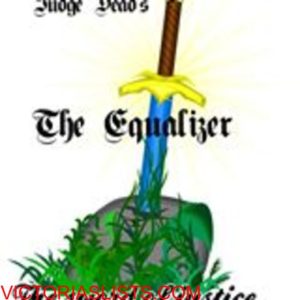 All photographs, news, editorials, opinions, information, data, others have been taken from the Internet ..aseanews.net | [email protected] |.For comments, Email to :D’Equalizer | [email protected] | Contributor
All photographs, news, editorials, opinions, information, data, others have been taken from the Internet ..aseanews.net | [email protected] |.For comments, Email to :D’Equalizer | [email protected] | Contributor
